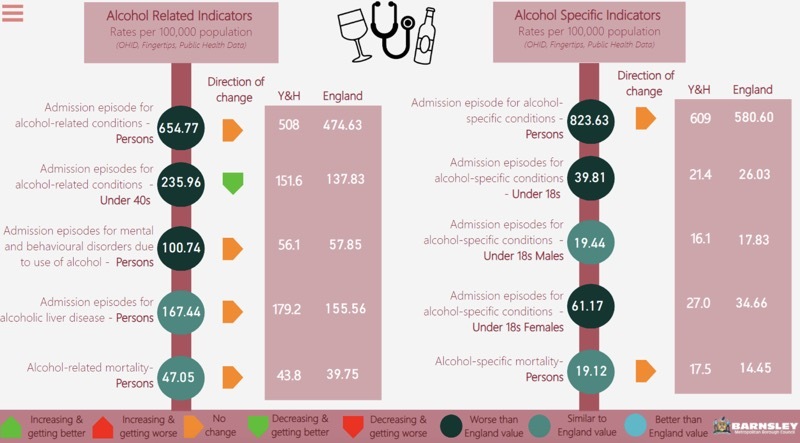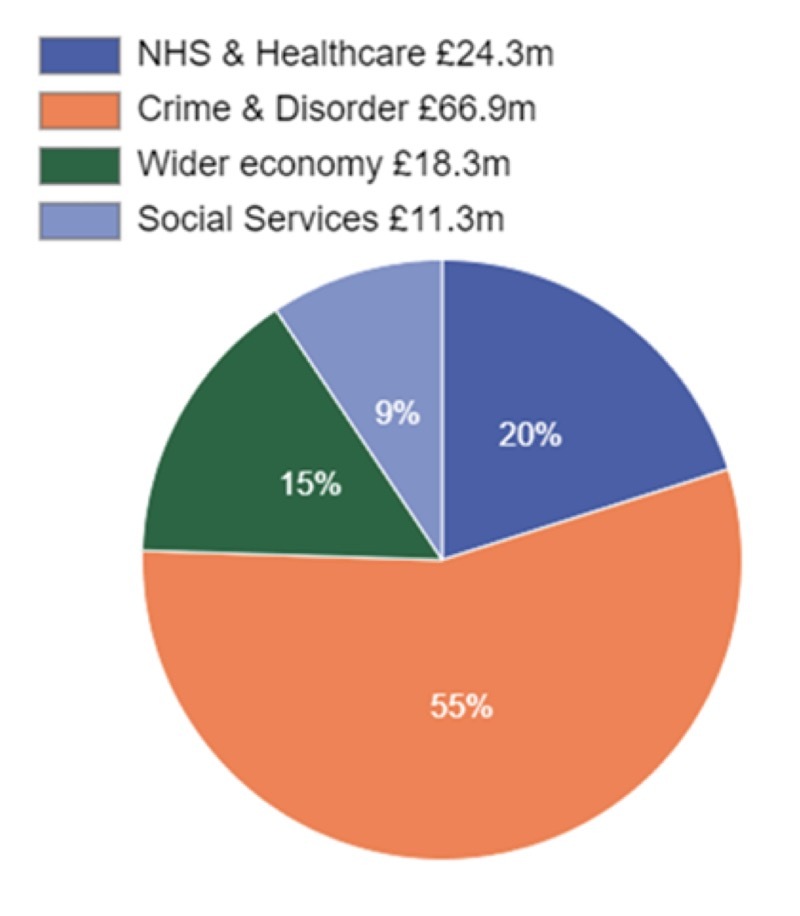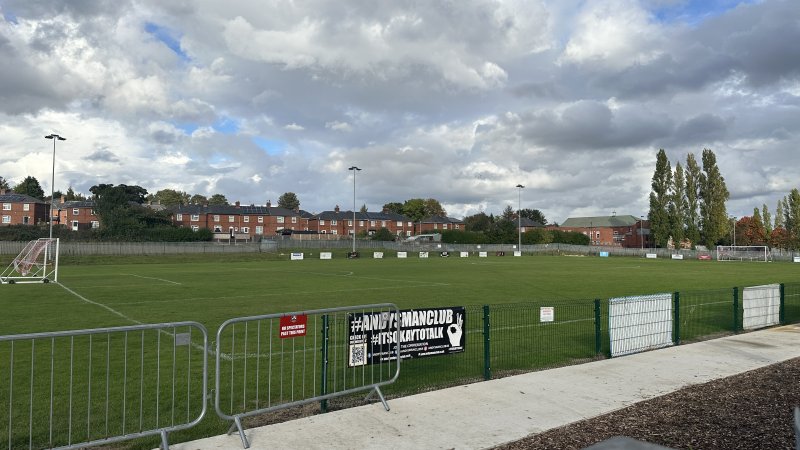SPIRALLING alcohol abuse which costs Barnsley more than £120m a year has been laid bare in a shocking council-led study - prompting a panel of health leaders to come together to reverse year-on-year increases in those requiring treatment.
More than 4,000 Barnsley residents have been identified as being alcohol dependent, with the town’s hospital admissions for related conditions being 26 per cent higher than the Yorkshire and Humber rate and almost a third higher than the national average.
The worsening statistics resulted in the council’s public health team commissioning a study into the local picture - likened to an ‘epidemic’ by support services - and councillors will meet to discuss a plan of action on Tuesday, the Chronicle can reveal.
The Institute of Alcohol Studies (IAS) revealed related harm costs the country £27bn a year but Barnsley’s figure of £120.7m - split between the bills accrued by the NHS, police, council and social services - now places the town as one of the worst-hit places in the UK.
Children in Barnsley requiring services for alcohol treatment cost the council £38,430, the study said, while admissions to hospital have climbed by 8.26 per cent since the Covid-19 pandemic began.
A council report added: “Problematic drinking is defined as drinking more than the recommended limit of 14 units of alcohol per week for both men and women.
“It is a costly problem for society, especially for areas like Barnsley, where the estimated cost of alcohol harm is above the national average.
“Barnsley has an estimated 4,024 adults in Barnsley who are alcohol dependent.
“The prevalence has significantly increased locally whereas the national and regional rates show a slight increase.
“Trends for alcohol-specific conditions also show that across the last five years, they have been consistently above the national level and have risen year upon year.
“Alcohol consumption changed substantially during the Covid-19 pandemic for many people.”
The council study - which also delved into age brackets for hospital admissions - revealed teenage females are three times more likely to be admitted.
Barnsley males under the age of 18 have a 19.44 per 100,000 rate for attending hospital while females in the same category have a figure of 61.17 per 100,000 - more than double the county average.
Medics who treat people for alcohol issues in Barnsley are asked to complete a questionnaire - known as AUDIT C - and this has been fully rolled out at the hospital.
When completed, a score of zero to seven indicates low risk, eight to 15 indicates increasing risk, 16 to 19 indicates higher risk and and 20 or more indicates possible dependence.
The council report added: “Scores of zero to seven or eight to 15 may be managed by brief interventions.
“A brief intervention is a short, structured and motivational conversation that aims to raise awareness of the risks and harms of alcohol misuse and to encourage positive behaviour change.
“This can be delivered by any health professional in various settings. Where there is a score of 16 to 19 or 20 or more, the individual should be referred to specialised support.
“Comprehensive, evidence-based support is available for anyone worried about their drinking in Barnsley.
“As well as structured treatment programmes for people who are alcohol dependant, this service also has a role in prevention and delivers harm minimisation and brief interventions and supports people to reduce their alcohol consumption.
“To prevent and reduce problematic drinking and its harms, a comprehensive and co-ordinated approach is needed, involving multiple stakeholders, sectors and levels of government.”
The charity, Alcohol Change UK, called for more alcohol care teams in hospitals, alongside further preventative measures.
Dr Richard Piper, chief executive of Alcohol Change UK, said: “It’s important to recognise that there are more people struggling with alcohol problems than most of us realise, and that the number of people being affected by alcohol harm is increasing.
“We also need to put prevention measures in place to stop people reaching the stage when they need to attend hospital in the first place.
“These measures include minimum unit pricing and restrictions on alcohol marketing to help prevent harm and reduce costs for the NHS.
“Alcohol care teams are currently available in some hospitals in the UK but we need them to be available in every major hospital, working across hospital departments and with community alcohol services, to ensure that people struggling with alcohol problems receive the help they need.”




























